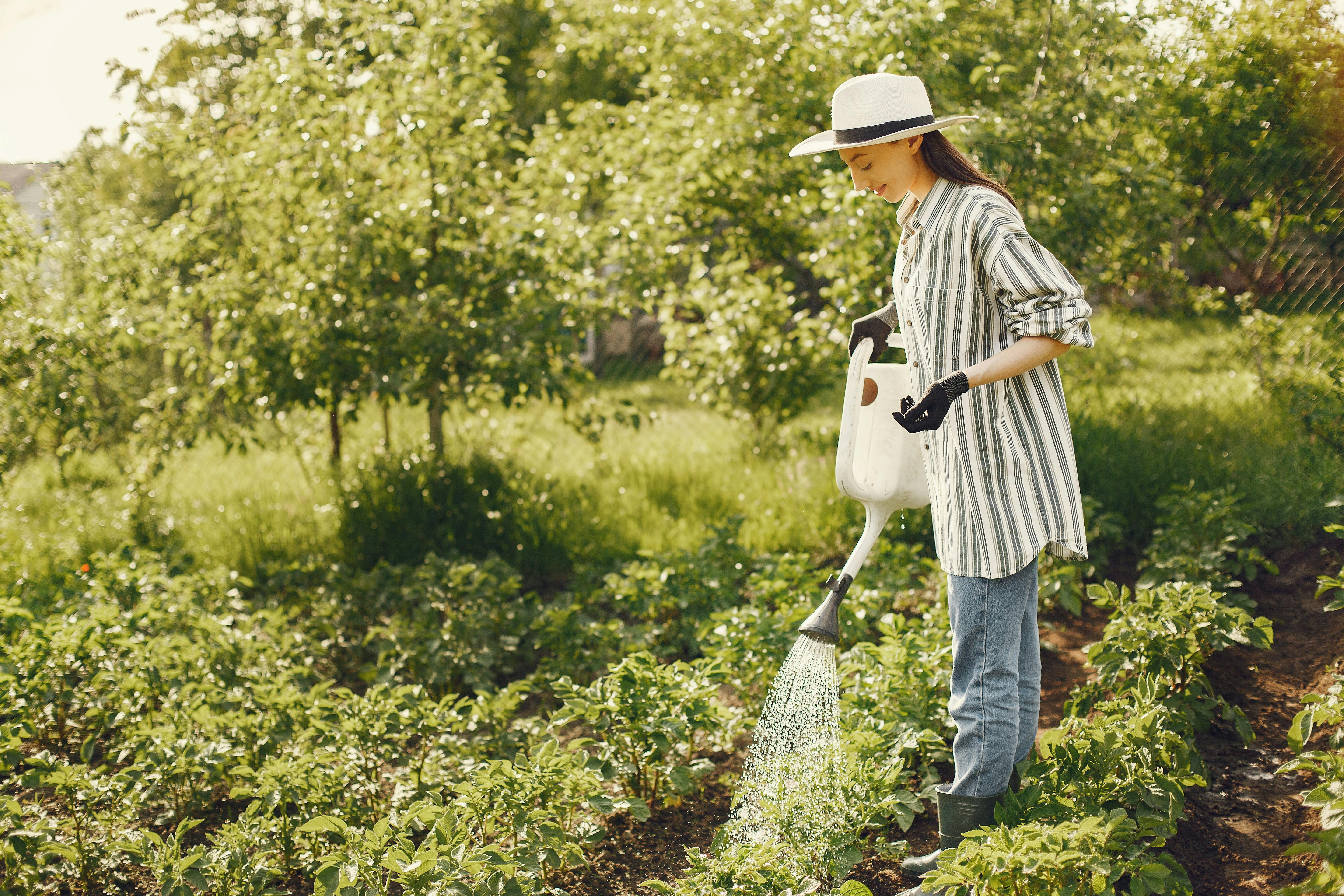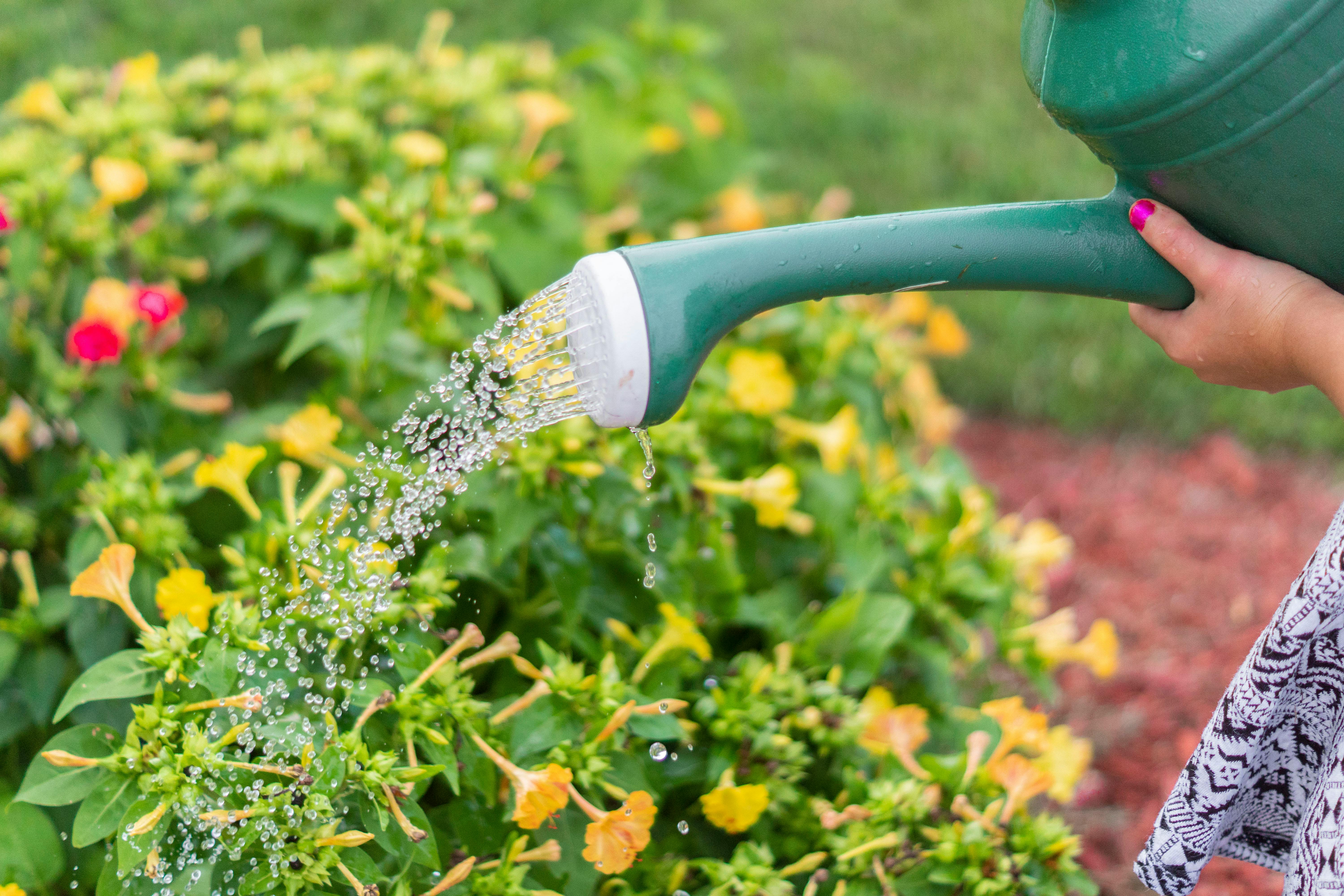Water is essential for plants to survive and thrive. When it comes to choosing the type of water to use for your plants, you may be wondering if distilled water is an appropriate option. This article will provide an overview of whether it is okay to give distilled water to plants and outline the potential benefits and drawbacks of using this type of water for your plants.Giving distilled water to plants can be beneficial in several ways. It is free of salts and other minerals, which can accumulate in the soil and interfere with the absorption of water and nutrients by the plant. Distilled water also has a neutral pH, whereas tap water may be slightly acidic or alkaline, depending on the source. When plants are watered with neutral pH distilled water, their nutrient uptake is more efficient, resulting in healthier growth and more abundant flowers and fruits. Additionally, because it doesn’t contain added chemicals like chlorine or fluoride, it doesn’t leave behind any residue that could damage the plant’s leaves. Finally, because distilled water is free of suspended solids like dirt or bacteria that can clog soil pores and reduce aeration, it improves drainage and helps plants take up more oxygen through their roots.
What Is Distilled Water?
Distilled water is water that has been purified by a process of distillation. In this process, water is boiled and the vapor that is produced is then condensed back into a liquid. The result is pure, clean water without any impurities or minerals. Distilled water has many uses and is often used for medical purposes, laboratory experiments, and in some industrial processes. It can also be used as drinking water, although it may not taste as good as other types of drinking water.
Why Make Distilled Water?
There are a number of reasons why someone might want to make distilled water. One of the most common reasons is to remove impurities from the water, such as heavy metals or chemicals. Another reason is to ensure that there are no minerals present in the water, which can affect the taste or smell of it. Distilled water can also be used for medical purposes, such as in dialysis machines or for intravenous (IV) solutions for medical treatments.
How to Make Distilled Water
Making
Is Distilled Water Safe for Plants?
Distilled water has been used for centuries to irrigate plants and crops. It is a type of purified water that has gone through a process of distillation, which removes minerals and impurities from the water. This makes it ideal for watering plants, as it does not contain any harmful chemicals or substances that could damage the soil or the plants themselves. Additionally, distilled water is free from salts, which can build up in the soil over time and cause problems with plant growth.
Distilled water is also beneficial because it helps keep the pH level of the soil balanced. By using distilled water instead of tap water, you can avoid introducing any minerals or other substances into the soil that might alter its pH balance. This helps ensure that your plants are getting all the nutrients they need to stay healthy and grow strong.
Another advantage of using distilled water is that it will not leave behind a residue on your plants or in your soil. Tap water often contains chlorine, which can leave behind a white film on your plants or in your soil after watering. Distilled water will not have this problem, as all traces of chlorine are removed
Does Distilled Water Help Plant Growth?
Distilled water is a great option for providing hydration to plants. This type of water has been purified through a process called distillation, which removes impurities such as salts, minerals, and other contaminants from the water. The result is pure H2O with no added chemicals or additives. This makes distilled water ideal for watering plants because it does not contain any of the potentially harmful substances that could be found in regular tap water. Plants will also benefit from the lack of chlorine and fluoride in distilled water, as these can be toxic to plants in large quantities. Furthermore, distilled water has a neutral pH level and does not contain any salts or minerals that can build up in soil over time, resulting in an unhealthy environment for plant growth.
Distilled water is also beneficial for preventing certain diseases and pests from taking hold in a garden or greenhouse. Without the presence of minerals or other additives, pests such as fungus gnats and root aphids cannot thrive in this type of environment. Additionally, many types of plant diseases are caused by an imbalance of salts and minerals in the soil; using distilled water will help to prevent these issues
Different Types of Water for Plant Care
Water is essential for plants to grow and stay healthy. Different types of water can be used for different purposes in plant care. Tap water is the most common type of water used for watering plants, but it can contain minerals that can build up in the soil and affect plant health. Rainwater is a great natural source of water for plants as it does not contain any chemicals or minerals that could potentially damage them. Distilled water is also an option, although it lacks beneficial minerals and may not be suitable for all plants. Reverse osmosis water is purified through a filtration process, making it ideal for those who want to give their plants the best possible care. Finally, aquarium water can be used to provide nutrients to some aquatic plants, as it contains fish waste that helps fertilize the soil. No matter what type of water you choose to use, make sure it is clean and free from contaminants before using it on your plants.

Pros of Giving Distilled Water to Plants
Distilled water offers many advantages when used to water plants. Firstly, it contains no chemicals or minerals, making it a great choice for delicate plants that are sensitive to salts and other contaminants. Additionally, distilled water is ideal for hydroponics and other soil-less growing methods because it does not contain any bacteria or dissolved solids that can clog plant roots and irrigation systems. Furthermore, distilled water is easily accessible and generally less expensive than other forms of purified water. Lastly, it is low in pH and has no chlorine, making it perfect for acid-loving plants such as azaleas and hydrangeas.
Cons of Giving Distilled Water to Plants
Unfortunately, there are some drawbacks to giving distilled water to plants. Firstly, unlike rainwater or tap water, distilled water does not contain any essential minerals such as calcium and magnesium which are vital for plant health and growth. Secondly, since the pH of distilled water is low (usually around 5-6), some plants may struggle to absorb the necessary nutrients from their soil if given this type of water regularly.
How Much Distilled Water Should be Given to Plants?
Distilled water is a great choice for watering plants since it is free of minerals and other impurities that can build up in the soil over time. However, it is important to remember that too much of anything can be bad for plants, even something as seemingly harmless as distilled water. In order to ensure that your plants are getting the right amount of water, it is important to understand the proper amount of distilled water to give them.
The amount of distilled water needed for a plant varies depending on the type of plant and its growing conditions. Generally speaking, plants should be watered thoroughly every 1-2 weeks with enough distilled water so that the soil is evenly moist but not overly saturated. It is also important to note that some plants may require more or less frequent watering depending on their individual needs and environment.
When using distilled water for indoor potted plants, it’s best to use lukewarm or room temperature water as cold water can shock the plant’s roots. Additionally, it’s best to pour the distilled water slowly over the soil so as not to damage any delicate roots
Are There Alternatives to Distilled Water for Plants?
Distilled water is one of the most common methods of watering plants, as it contains no minerals or contaminants that could be harmful to plants. However, there are other alternatives to distilled water that can be used for watering plants. These alternatives include rainwater, deionized water, reverse osmosis water, and graywater.
Rainwater is one of the most natural and beneficial sources of water for plants. It contains minerals and nutrients that are beneficial for plant growth and health, as well as free from pesticides, herbicides, and other pollutants found in tap water. It is also considered soft water which is ideal for plants that require softer water for optimal growth.
Deionized water has been treated with a process called “deionization” in order to remove any contaminants from the water. This makes it ideal for use on sensitive plants or those that may be adversely affected by tap water or other types of contaminated water.
Reverse osmosis is another filtration process that can be used to produce clean drinking quality water suitable for use on plants. It removes all types of

Conclusion
Distilled water is not the best choice for plants due to its lack of nutrients, but it can be used in a pinch. It is important to be aware of the potential problems that can arise when using distilled water and to take steps to ensure that your plants are getting the proper nutrition they need. Distilled water can also be used in combination with other types of water to provide a balance of nutrients and minerals that will help your plants stay healthy.
In conclusion, distilled water can be used for watering plants, but it should not be the primary source of water for them. If you decide to use distilled water, make sure you are mindful of the potential issues and supplement it with other sources of water so that your plants have access to all the essential nutrients they need.

